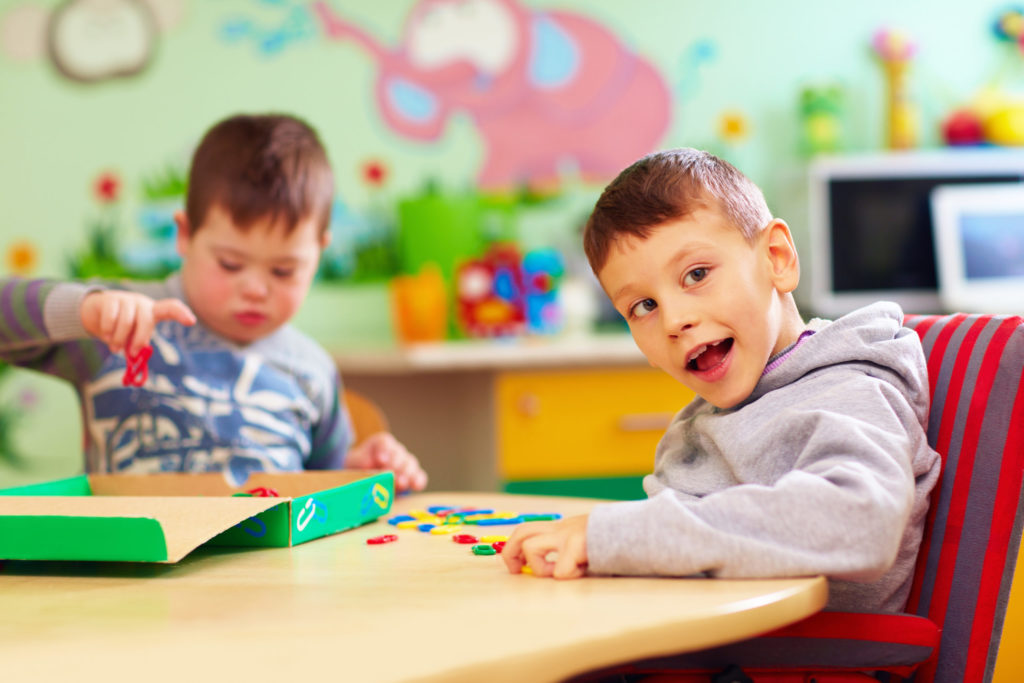At the heart of the Centre de ressources Robert Laplane’s expertise rests its functional assessment approach for deaf children and adolescents with associated impairments.
But how do we define this functional assessment approach?
- It is an investigative approach anchored in clinical neuropsychology, which
- It relies on the understanding of neurophysiological mechanisms in operation and underlying cognitive processes concerning difficulties as well as skills
- Its investigatory tools are chosen according to the diagnostic hypotheses formulated on the basis of analysis of personal files
This approach aims to:
- Bring out skills held back by the young person
- Formulate hypotheses in relation to the additional afflictions associated with their deafness
- Reveal the neuro-sensory or cognitive disorders underlying the difficulties observed
- Realise an overall functional profile of the person
- Develop lines of approach for tailored remediation, using pre-existing skill sets as a starting point
Built into the assessment of the person’s circumstances, the diagnostic approach enables:
- the identification of resources within their family, their entourage, or within the establishment in which they find themselves
- clarification, for care professionals and for the family, of the care-recipient’s difficulties, as well as their repercussions on language development, learning and behaviour
- refine the child’s or young person’s linguistic project in collaboration with their family and care professionals
- the consideration of relevant and tailored activities their own environment, or indeed, consideration of their possible career paths
- the provision of support for their project, regularly reassessing it in consideration of changes in the care-recipient’s condition and circumstances
What are the consequences of a functional assessment for professionals and helpers?
- the co-construction of an appropriate project
- the implementation of a set of measures aimed at the skills development of professionals and helpers
“All too often, neuropsychological examination consists in the administering of a list of tests aiming to cover the entire range of the child’s developing faculties. Improved knowledge and understanding of different domains and of the interactions between different cognitive components should enable the achievement of an investigative approach, motivated by theory, which would no longer aim to simply describe the state of play but to also outline a predictive profile for the child and guide the clinician in finding a footing for care and remediation. With this in mind, the neuropsychological development approach would aim to both resolve the current difficulties of the child with an improved definition of the main lines of approach to be taken and prevent the disorders the child would be likely to develop in going about their path of life.”
Pascal Zesiger et Thérèse Hirsbrunner. Revue de Neuropsychologie, 2000, Vol. 10, n. 3
